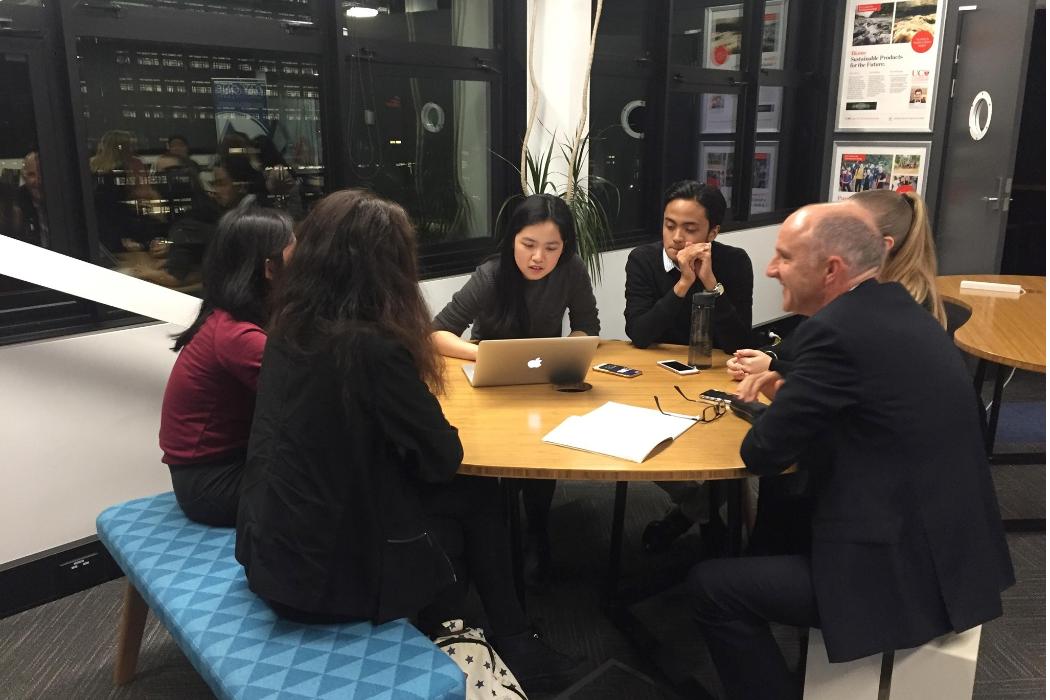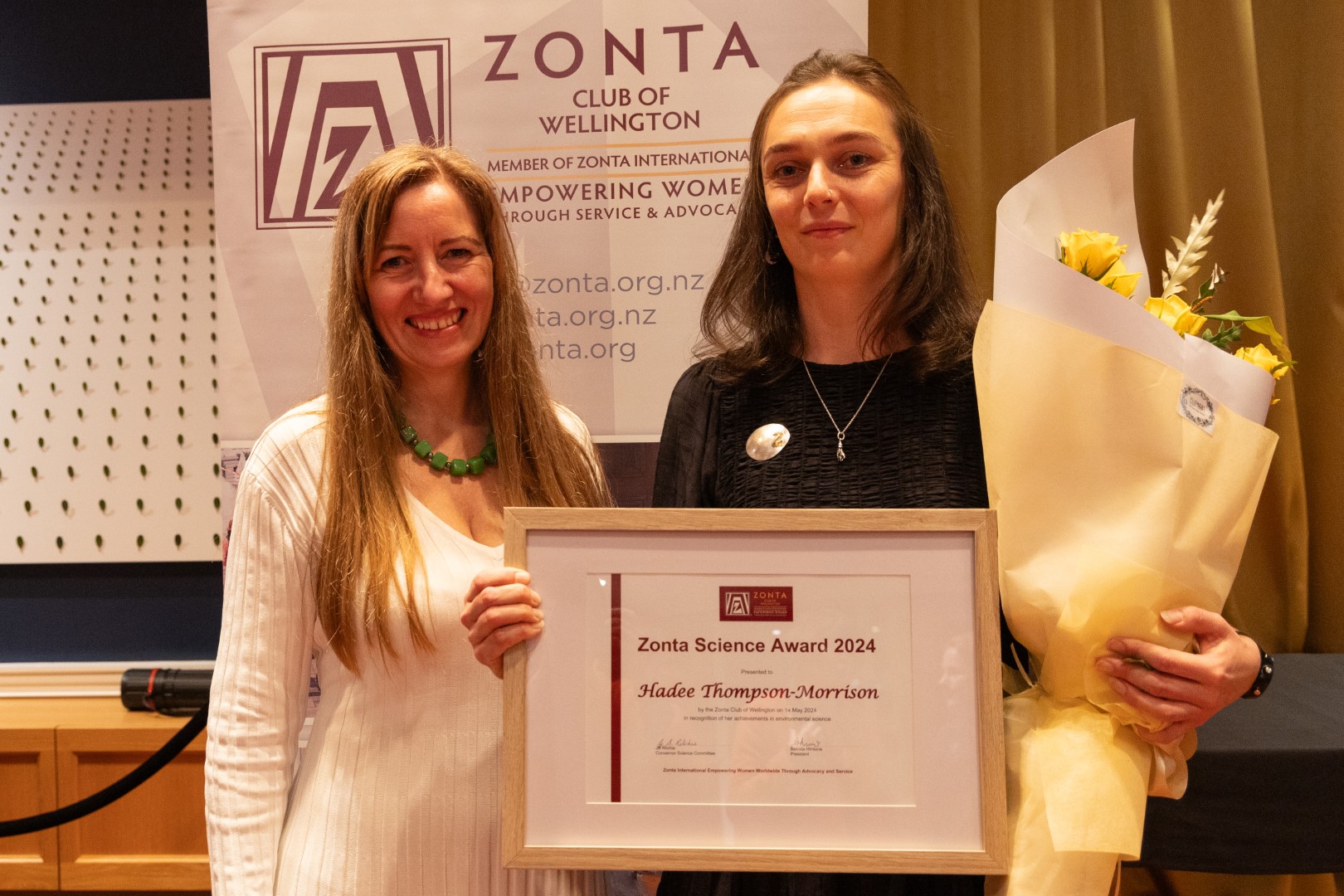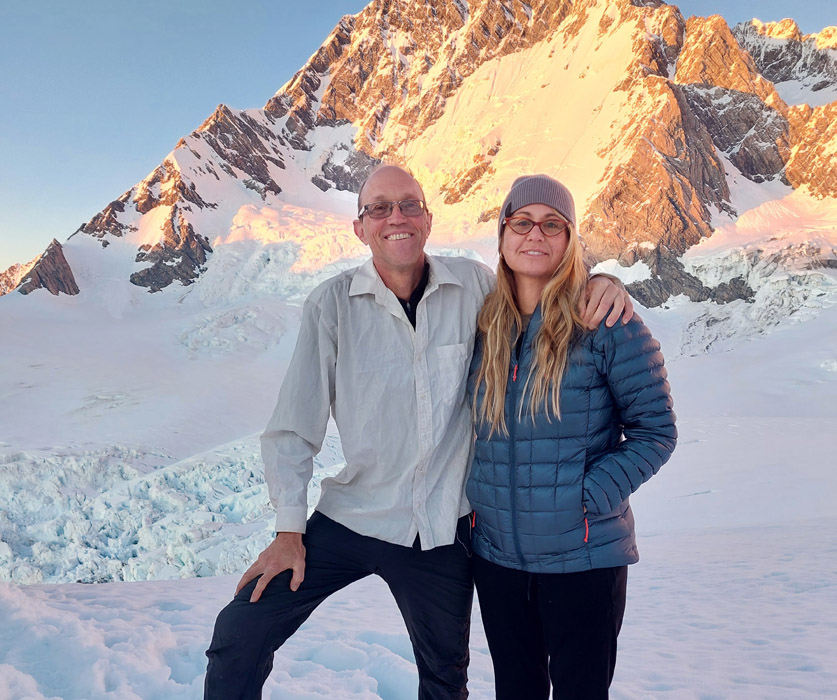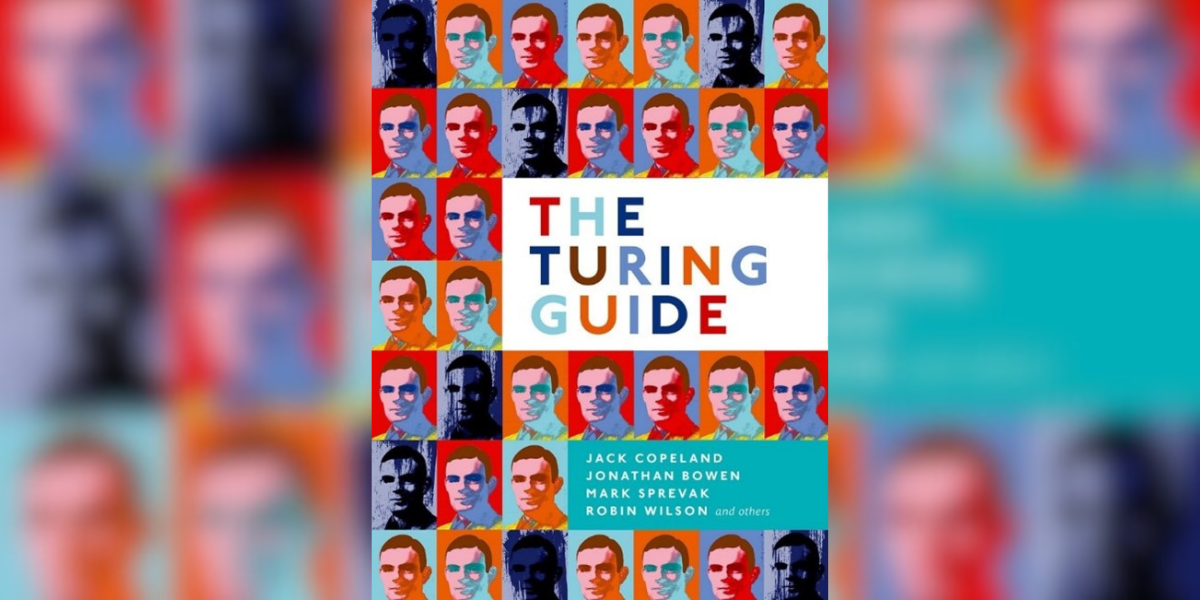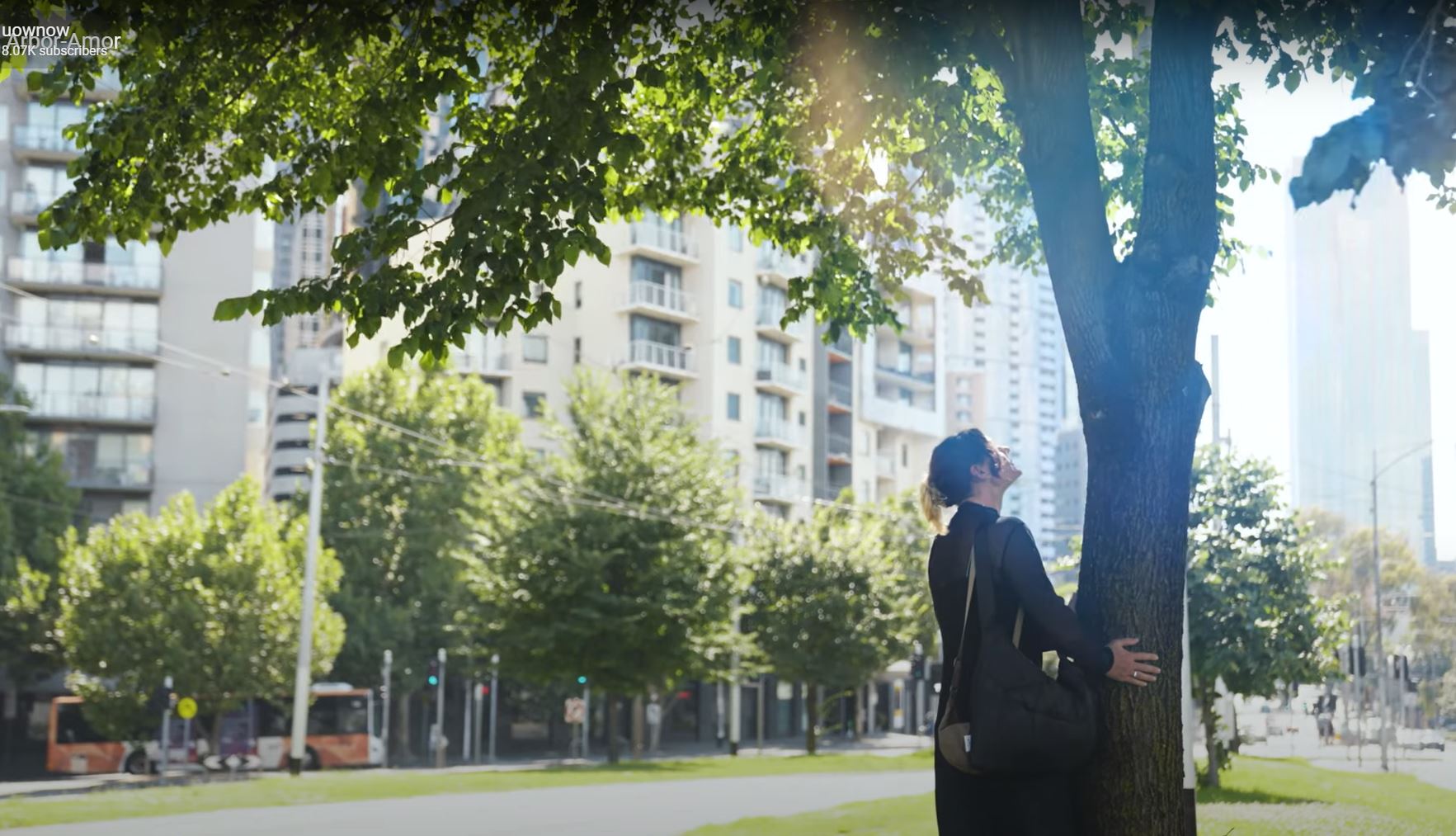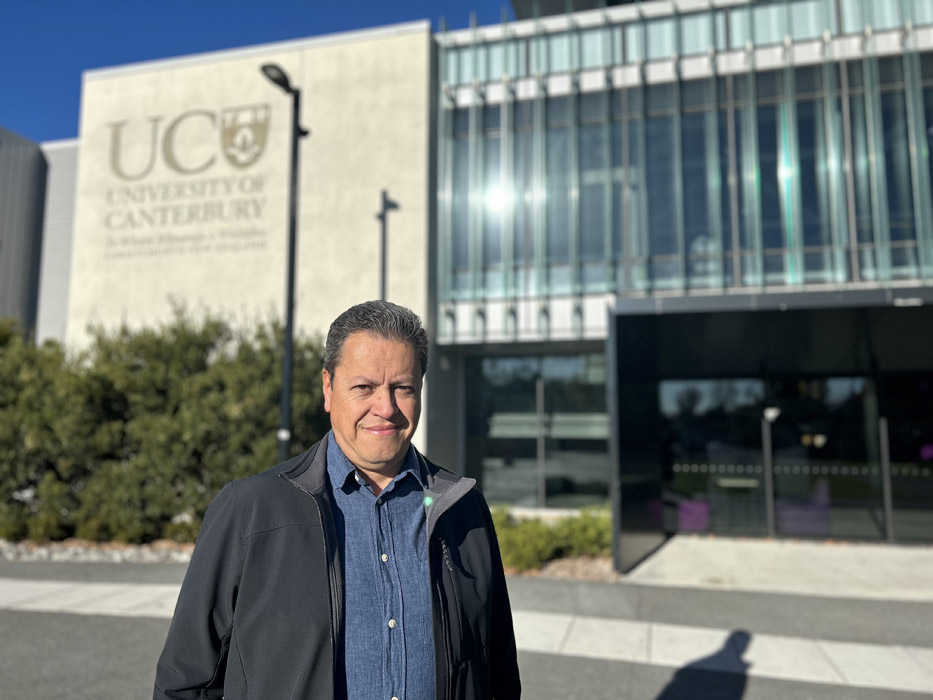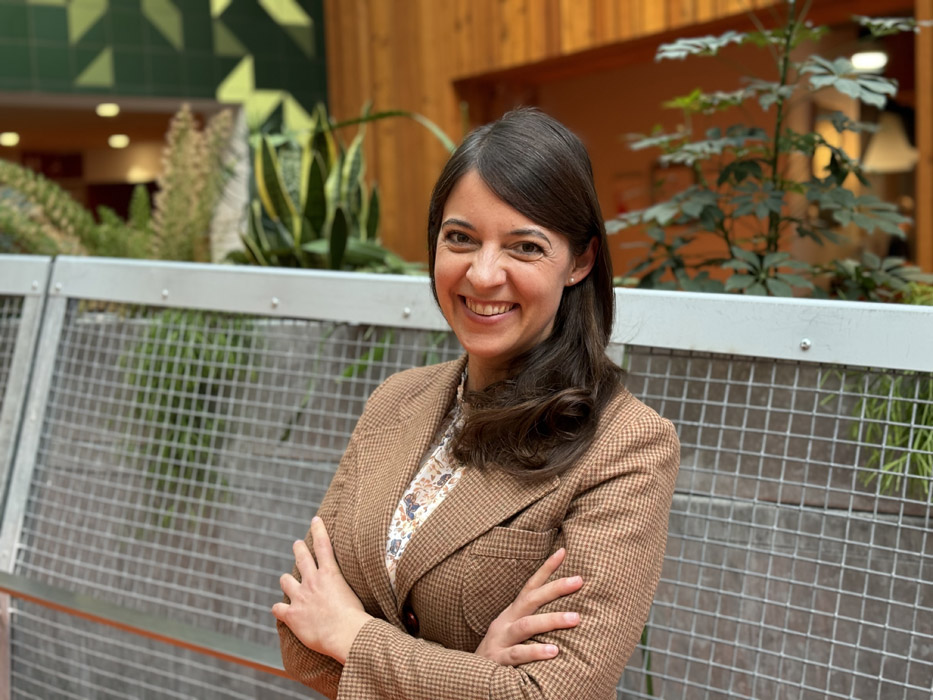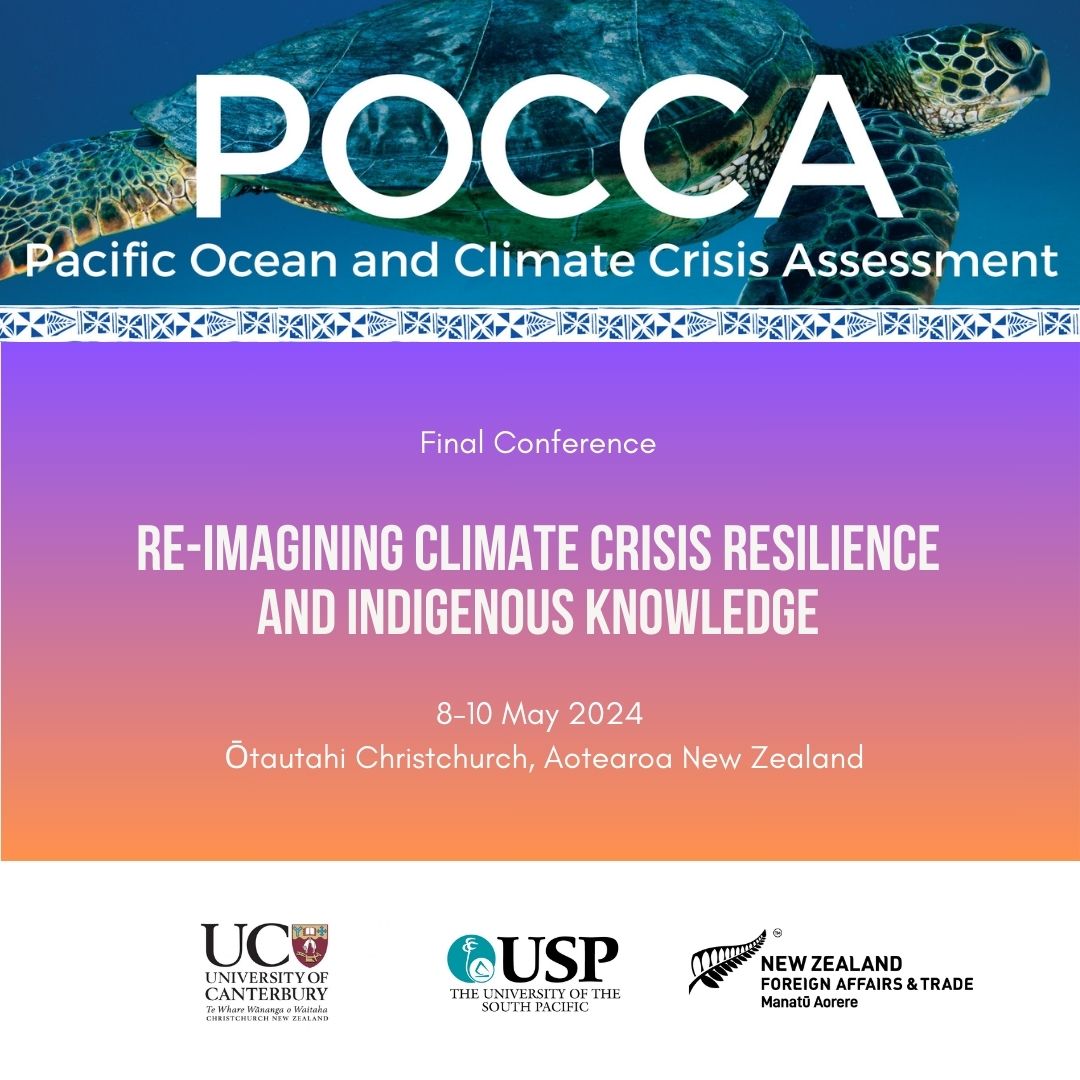A: No, this is my first semester as a consultant, although I have done some work at Community Law and been involved in UCE’s SDS Business case competition team, so have had some similar experiences.
X: Yes, I did consulting for Gap Filler last year, which was really fun, and so different to what I’ve been doing this semester!
What organisations are you working with this semester?
A: My team is consulting for the SPCA. We have been developing a plan to help their Ashburton branch, which opened last year, to attract and retain volunteers.
X: I have been working with the Britten institute, which offers consulting services, courses and workshops on design thinking. The Institute is developing a scholarship which would provide mentoring and placements for people who have potential in ways which are not recognised by the education system - for example for those who don’t meet university entrance requirements.
Do you have much help while you’re working on your projects?
A: Definitely. Our team leader works closely with the SPCA, so we get plenty of feedback. We also have mentoring meetings with our three mentors from PwC’s advisory team. They have taught us a lot about working with clients, for example by helping us to realise that sometimes when clients say something, they may actually mean something quite different! We also have a project director who is on the 180 Degrees executive, and they help us out whenever we need it.
X: Our mentors from WSP Opus are really passionate about helping people and have put a lot of time into discussing things with our team. It’s great to have someone to help break down the task, and help us work out what our next steps are! During the term, 180 Degrees also hosted a helpful report writing workshop which was really helpful, because the writing style used in the business world is quite different to academic work, and you have to keep the end user in mind.
What’s the workload like - is a consulting project a lot to handle on top of university work?
A: The different consulting teams also help each other which is great. It definitely doesn’t need to be a struggle, and we all agree that university work should come first. Plus, you only sign up for one semester at a time, so that’s not too big of a commitment.
X: Each team works differently, but we have two one-hour meetings a week, which is quite manageable. The good thing about having such a variety of students in the teams is that we all are busy at different times in the semester, so we can help each other out if someone has a lot of tests coming up, but others have free time.
Do you get to apply what you’ve been learning at University in your consulting work?
A: Definitely, but I also really liked how consulting shows you how subject areas don’t exist in isolation. Organising volunteers has involved some psychology, statistics, marketing, and law - so we all learn a lot beyond our narrow field of study.
X: I have been doing a design thinking course, so it has been great to work with the Britten Institute whose courses are all about design thinking, and to see how Opus uses design thinking in its consulting projects!
How do you feel you have benefitted from being involved in 180 Degrees?
A: Being a consultant for 180 Degrees has been a great way to gain real life skills. I think it’s better than doing an internship, as you get to do more focused work, over a longer period of time. I have learned a lot about the practical application of business ideas from a business perspective, which is hard to do when you’re a student just learning the theory. It has also been interesting to discover what real consultants do - it shows that just because you study one thing, you aren’t limited to working only in that field.
X: It has been a very worthwhile experience, and I have learned a lot, especially from my other team members! I think having this experience will be very good for my employability, as you gain great transferable skills that you don’t learn at university, like business communication, teamwork, and project management, and get to practice interviewing by going through the selection process.
It has also been good to meet students from different degrees, and make new friends. Being involved has also boosted my confidence and made me realise that industry experts are just normal, nice people, and I don’t need to be intimidated by them!
What happens with your project at the end of the semester?
A: The next stage of our project with the SPCA will be the implementation of our volunteer plan, but a different team will work on this, as even on ongoing projects the consultant team is randomly chosen at the start of the semester so you can get some variety in what you’re working on!
X: We have just had a presentation evening with our clients, mentors, and other teams. It was great to be able to show the audience the ideas we have developed over the last few months!
180 Degrees Consulting Canterbury is a student-run charity that connects teams of university students with non-profits to help them identify and overcome specific challenges they are facing. 180 Degrees will be recruiting new consultants at the start of Semester Two, so look out on their Facebook page for more information!
UCE provides a dedicated, student-focused space where innovation can flourish, stimulating the development of entrepreneurs through a combination of research, teaching and community engagement.
For further information please contact:
UC Centre for Entrepreneurship (UCE) by emailing uce@canterbury.ac.nz
